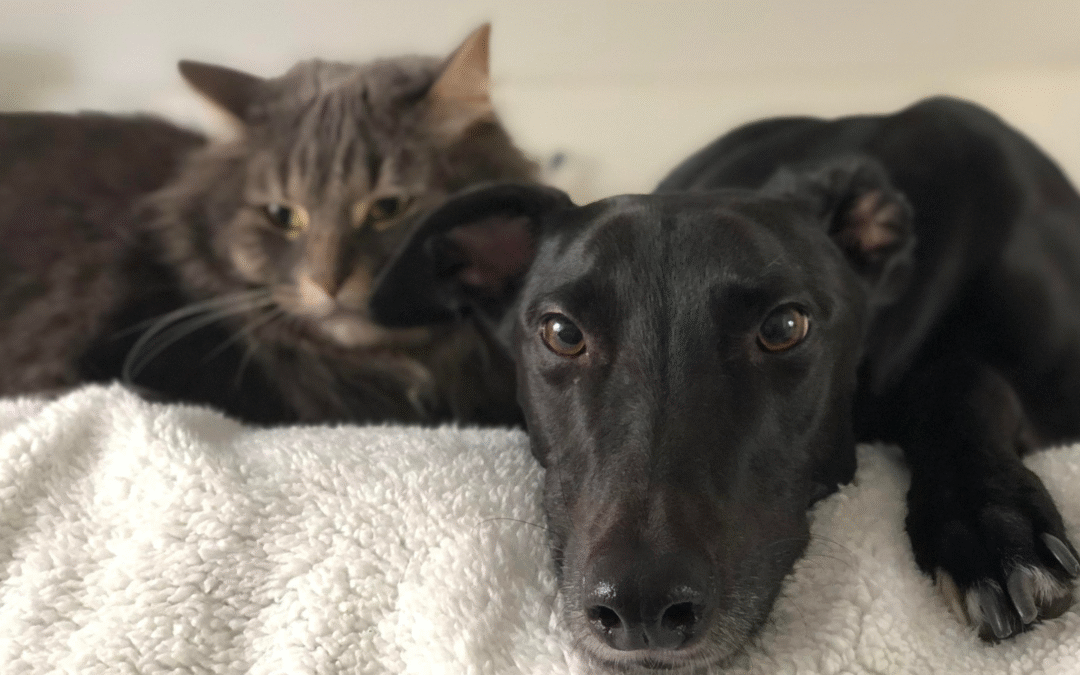When a pet is diagnosed with diabetes, emotions often come first, including worry, concern, and maybe even guilt. Once the diagnosis settles in, practical questions start to surface. One of the biggest questions owners of diabetic cats and dogs ask is, “How much is this going to cost?” At All Creatures Veterinary Hospital, we understand that budgeting for long-term care is just as important as understanding the medical side. This blog will walk you through the typical cost considerations associated with managing pet diabetes.
The General Commitment of Pet Diabetes
Diabetes in pets is a chronic condition, meaning your pet will need ongoing care and monitoring. Most diabetic pets require a combination of:
- Daily insulin injections
- Prescription or special diet foods
- Routine vet visits for bloodwork and glucose monitoring
- Occasional emergency care if complications arise
Each of these elements comes with a cost, but the reward is an animal companion who gets to continue living a happy life.
Where the Costs of a Diabetic Pet Add Up
The following is a slightly more in-depth explanation of the core components of diabetic pet care where you’ll likely invest as an owner.
Medications
Insulin is a daily necessity for most diabetic pets, along with syringes or insulin pens. Your vet will prescribe a type and dose that suits your pet’s size and response.
Specialized Food
Many diabetic pets need specific or prescription diets that regulate blood sugar. These diets will sometimes need to take into account other conditions, like weight control or kidney health.
Routine Checkups and Lab Work
Vet visits will be necessary, especially during the first few months of diagnosis. Your pet’s insulin dose may need adjustment, and periodic testing ensures they remain stable.
Glucose Monitoring
Depending on your comfort level, your vet may recommend home monitoring using pet glucose meters or in-clinic curves.
Emergency Situations
Occasionally, pets may experience blood sugar crashes (hypoglycemia) or other diabetes-related complications that require urgent care. These unexpected events can be more costly than regular treatment.
Planning Ahead Without Breaking the Bank
Helping your diabetic pet will become about managing costs without cutting corners on their care. Here are a few ways pet owners can reduce financial stress while still prioritizing their pet’s needs:
- Budgeting Monthly: Treat diabetes care like any household expense. Setting aside a small monthly fund for your pet’s diabetes offsets recurring costs.
- Vet-Approved Generics: In some cases, generic insulin or syringes may be used safely, but should always be under veterinary guidance. Ask your veterinarian about trustworthy options.
- Pet Insurance: Some plans cover chronic conditions if your pet is already enrolled. Check if diabetes is included and what’s reimbursable.
- Flexible Payments: Consider flexible payment options like CareCredit. Options that break down payments can be especially helpful for larger costs, like if your diabetic pet needs emergency treatment.
Always remember that many loving pet owners have walked this same path. It may take some adjustment at first, but managing your pet’s diabetes will become routine, and your veterinary team is there to support your pet. They will find treatment solutions that are effective and sustainable, and answer any questions you have along the way.
Veterinary Care for Diabetic Pets in Evansville, WY
Pet diabetes might bring changes to your routine and budget, but it’s more manageable than many owners think. All Creatures Veterinary Hospital diagnoses and treats pet diabetes in Evansville for cats and dogs from Casper, Glenrock, Evansville, and nearby Wyoming areas.
Schedule a consultation with All Creatures Veterinary Hospital.




